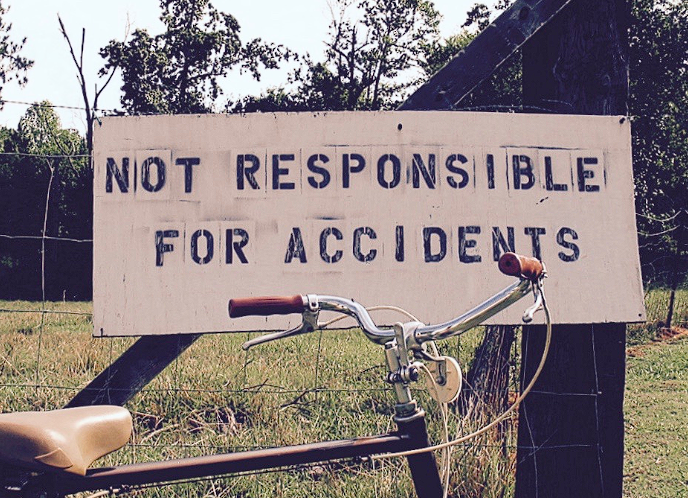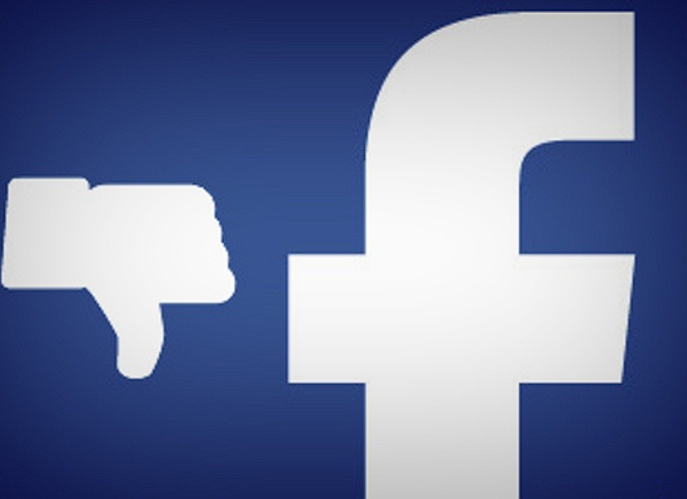I recently read an article, that, like many others, argues that we should adopt a laissez-faire approach where only those at risk isolate themselves, and the coronavirus would more or less run its course. Otherwise, if we were to engage in wide-spread confinement and quarantines, the economic costs will be too steep.
This argument gets it all wrong: even under a laissez-faire approach to the coronavirus outbreak, the economic costs will he huge. Here is why.
Consider the health care system and its ability to deal with covid patients who require serious assistance. This is costly, and the costs vary with the individuals who need hospitalization and the particular hospital care they require. Depending on the response strategy that is adopted towards the coronavirus outbreak (i.e., ranging from laissez-faire, which the UK attempted but has since abandoned, to containement that is more or less long and more or less stringent), the number of individuals who need hospitalization, and who need it at its most intensive, varies tremendously. This number is highest with a laissez faire approach, as is well illustrated in an interactive graph from the New YorkTimes.
Most health care systems nowadays are lean and mean and do not have extra capacity for dealing with a pandemic. This means that a health care system is easily overwhelmed when there is a surge of COVID patients (which is what we have witnessed in Italy), and such a surge is guaranteed under a laissez faire approach. There is the obvious, and tragic, human consequence to this: a massive number of people die, and unnecessarily so because the system lacks the resources to deal with the surge in patients. It is not only the elderly who are in danger but anyone with pre-existing conditions like asthma. And, of course, there is the real possibility of collateral damage in that the health care system is so overwhelmed with the onslaught from the coronavirus pandemic, especially if there is a surge in COVID patients, that individuals with other serious conditions (e.g., heart attack, cancer) cannot be properly cared for and suffer or die unnecessarily.
Had a containment approach been adopted rather than a laissez-faire approach, this surge could have been mitigated and fewer people would all have required care at the same time. More people would have survived (and would be able to help firing up the economy once the coronavirus outbreak is over). The health care system would have had the time to scale up and get the resources (i.e., medical staff, equipment, medication) need to give sick people the assistance they need to survive COVID-19 and to continue treating people with other serious conditions. Also, buying time is useful from the perspective of treatment, since it increases the chance that a treatment is found in time, before those most in danger are exposed and infected.
Health care costs have to be paid for, either by the government or by patients. If it’s the government, money needs to be transferred away from other portfolios (e.g., education, public works). If it’s patients, there is the possibility (which is very real in the US) that they lack the resources for paying for proper treatment, and so they die because they are poor. If they are rich enough to absorb the health care costs, the money they spent on getting well is not being spent elsewhere. Either way, having a lot of coronavirus patients, especially at the same time, which is what would happen under the laissez faire approach (as illustrated by the Italian case, where laissez faire was the de facto approach until things got real ugly), implies a huge increase in health care costs, which draws resources away from elsewhere.
Then, there is human psychology and what it implies for consequences. Under a laissez-faire approach (like that initially considered by the UK), only those at risk have to self-isolate. In order for this strategy to be successful (in terms of preventing infections of those most at risk and in terms of the economy continuing to function more or less normally), two assumptions need to hold.
First, those at risk (i.e., the elderly and those with pre-existing conditions) do not come in contact with anybody who could be infected without showing symptoms. Not showing symptoms, yet being infectious, happens often with the coronavirus. So who would care for these people at risk? Who would make sure the elderly are ok? People who normally do this are those who are younger, and under the laissez-faire approach, those caretakers could and would be exposed to the coronavirus and hence could pass it on. So, this first assumption does not hold.
Second, those not at particular risk are not affected in any way in how they go about their daily lives. This is highly irrealistic. We know what has happened in Italy, we see the make-shift morgues in skating halls in Spain. People get scared, especially in crisis situations like the one we are in, and this will affect how they behave. People bunker up and retreat, which has economic consequences. Online stores get a boost (e.g., the supermarket chain IGA now has waiting lines for online shopping), as do any cloud-related businesses. Other businesses suffer, there are restaurants that loose customers, and other retail stores too, and the travel industry is pretty much shut down, with airlines having announced massive layoffs. Moreover, those who are marginalized in society (minimum wage workers, “uber”ized workers without contracts) do not have the choice of staying away from work, even if they wish, and have to risk infection lest they lose their livelihood.In a country like the US these are also the individuals who will not have health insurance, so the coronavirus outbreak will be a double whammy for them. In a nutshell, the second assumption does not hold either – people not at risk are affected in how they go about their daily lives. The economy will slow down because people are scared, retreat and hoard. Having a coherent containment approach towards the coronavirus can go some way in reassuring people, and having a government that encourages companies to keep employees on the payroll and that directly provides cash to those who no longer have work, helps too.
Economic consequences from the coronavirus cannot be avoided, no matter what the approach. It is difficult to predict whether the economic consequences of the laissez-faire approach are smaller than those under the containment approach, because that depends on the surge in health care costs and on the business consequences from people retreating. But the human cost can be addressed, and the biggest shot at doing this is under a containment approach.
Your thought?
Photo by Anthony Easton









